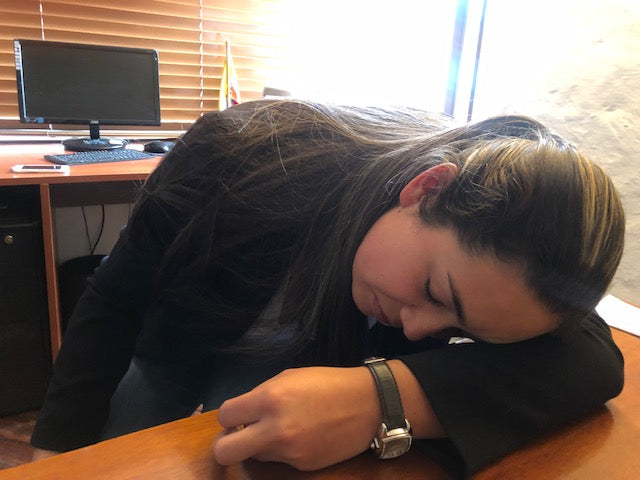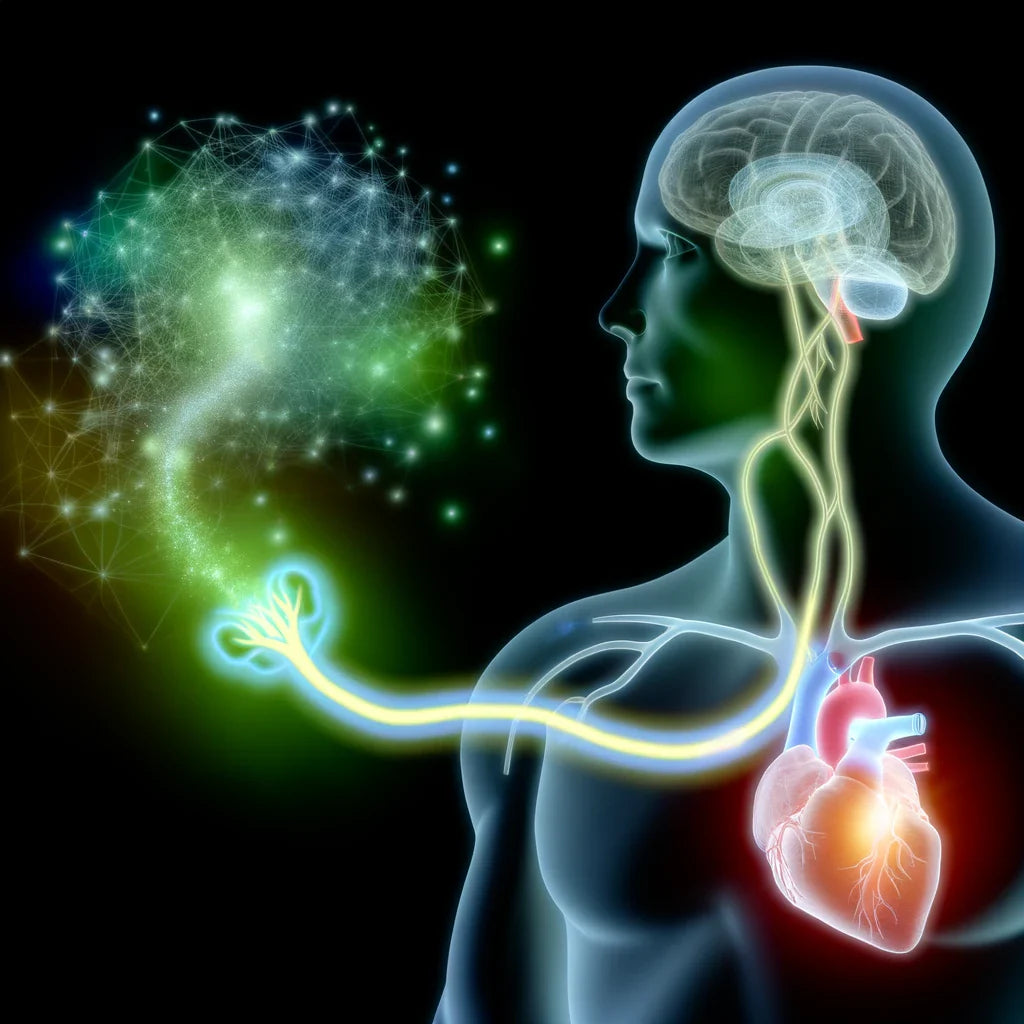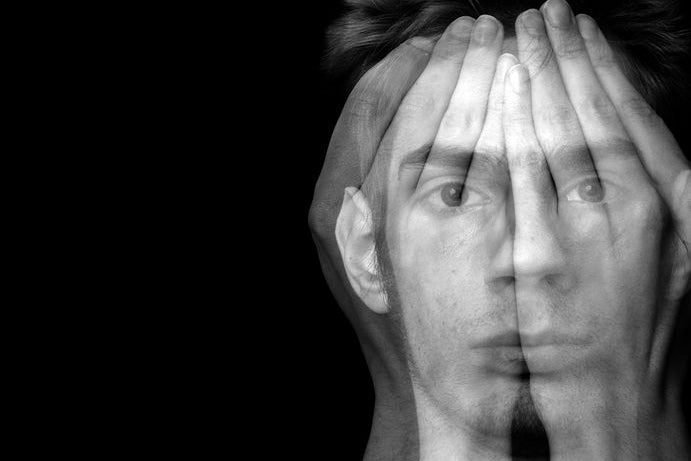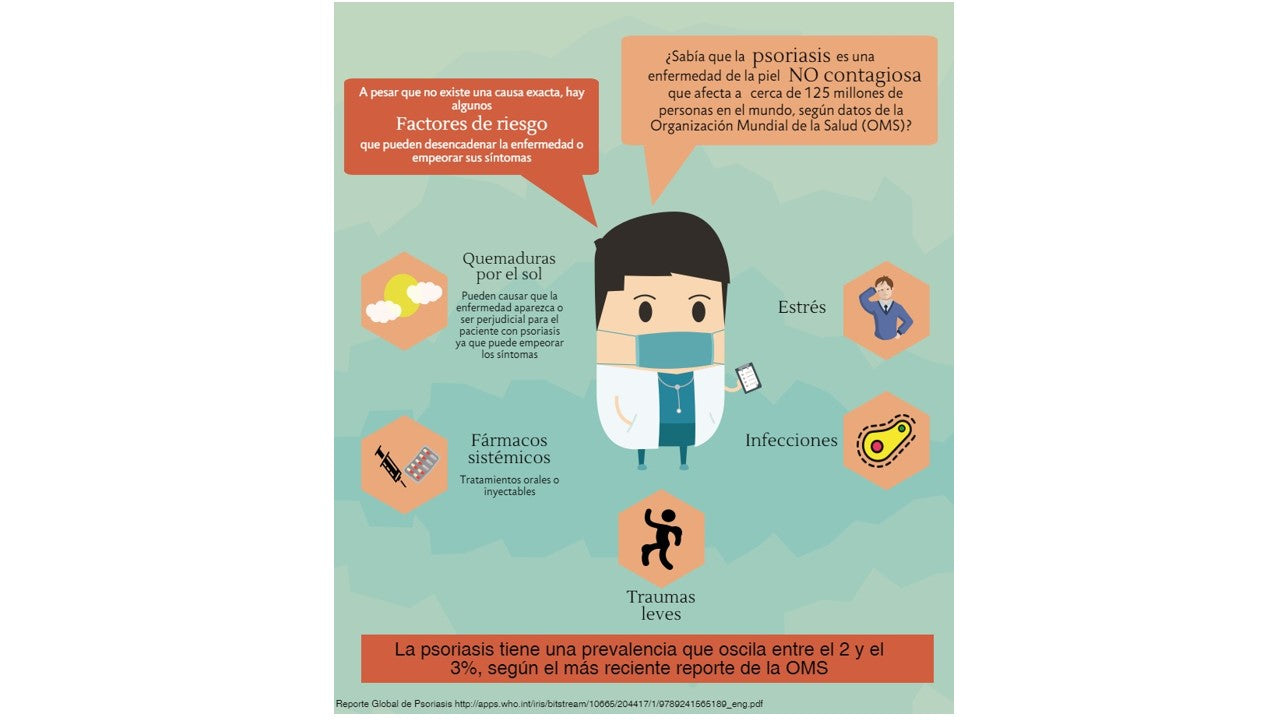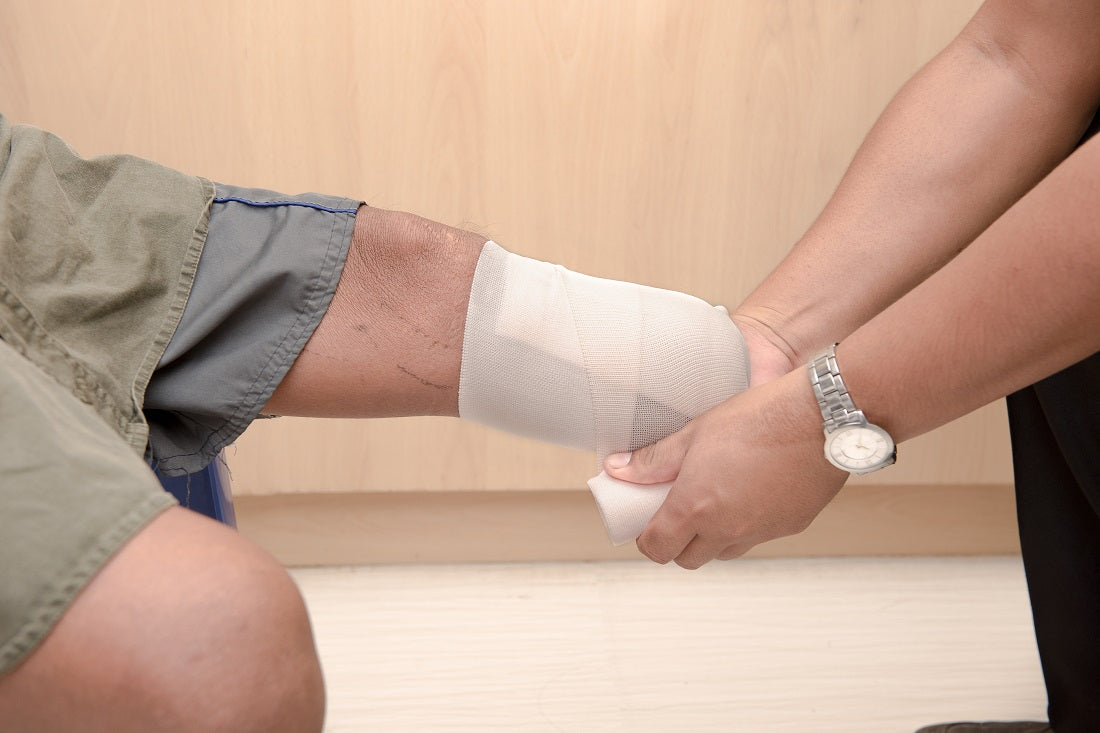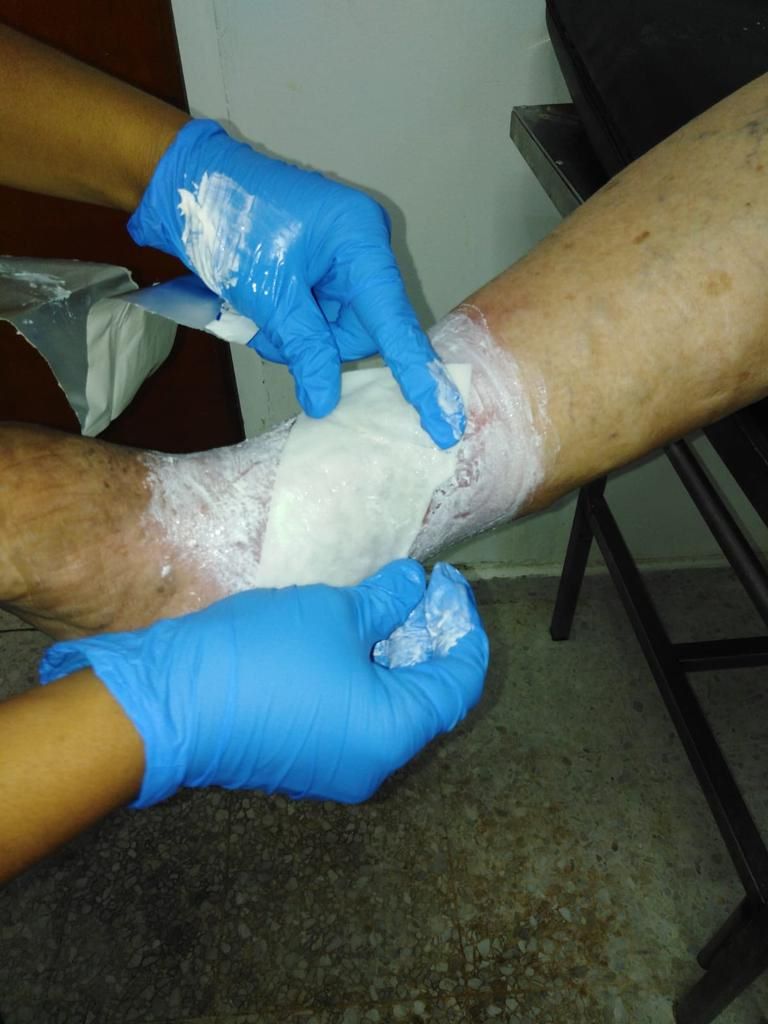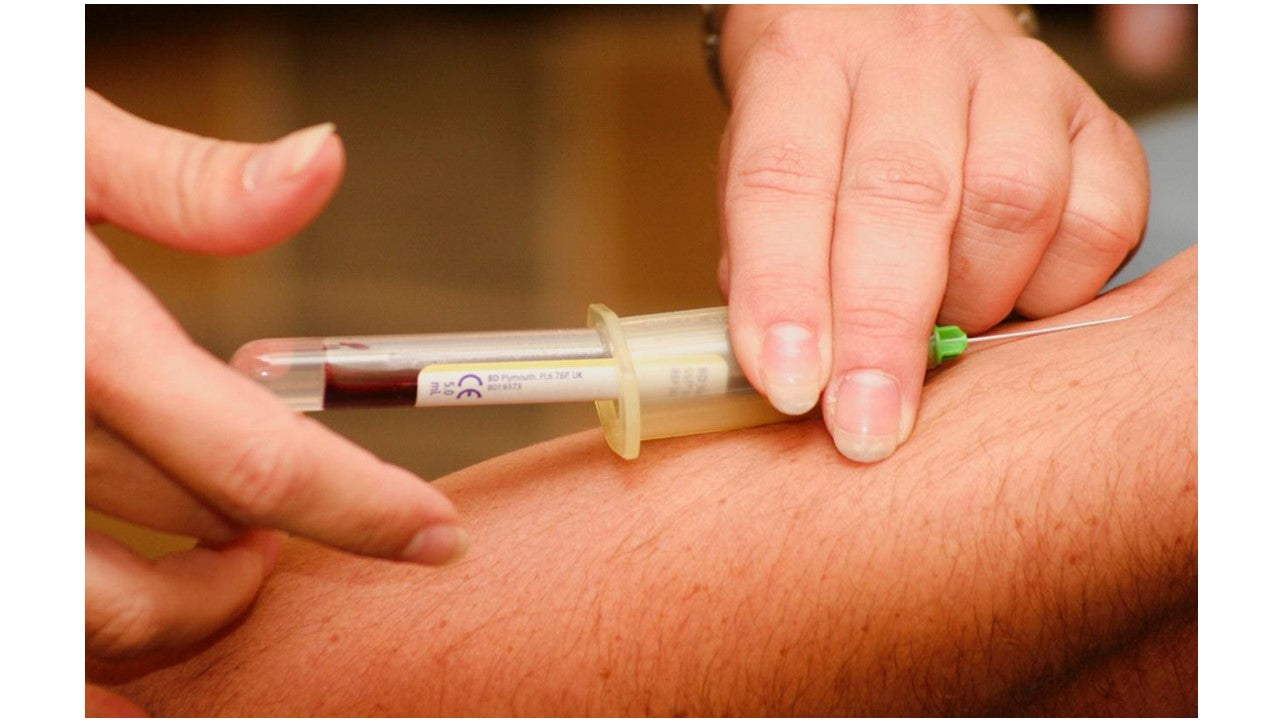
- 29 Apr 2023
March 15, World Sleep Day
Currently more than 200 million people around the world suffer from sleep disorders, with a prevalence that can reach up to 50% of society , a problem that triggers high secondary medical costs which include absenteeism from work, traffic accidents. and even some disabilities.
Studies have found that such sleep disturbances are more common in women - approximately 2 out of every 3 patients - and in people over 50 years of age , a population in which sleep disorders are present in up to 50%.
According to a study by the Sleep Research Center at Loughborough University, high levels of distress, depression or anger in women are directly associated with sleep disorders such as insomnia.
Women require more sleep than men due to the different tasks they perform, because they connect in different ways, and because of their brain complexity. For these reasons, women need to sleep around 20 minutes more per day than men.
To generalize , thinking about quality of sleep means having quality of life . For this reason, paying attention to the alterations that occur and taking measures to sleep adequately is essential to keep the body stable and control the schedules each day.
Routines such as adapting spaces to rest, exercising daily, having a comfortable bed and controlling temperature and noise, including electronic devices, are essential to face each day with energy and health.
For Dr. Edgar Osuna , an expert in sleep issues , “it is essential to establish healthy habits, preserve the states of light and darkness to maintain the sleep-wake cycle, avoid using screens late at night, and not spend too much time in bed and performing relaxation rituals, are essential elements for the proper treatment of sleep problems .”
It is important to recognize the phases of sleep, know if you are sleeping peacefully and identify if there are problems sleeping. If so, a trusted doctor should be consulted for a proper evaluation.
Dr. Osuna assures that, if there are problems falling or maintaining sleep, “it is necessary to establish an appropriate treatment according to the cause and clinical presentation, reducing the factors that may affect the hormonal axes that regulate sleep, which is why medical evaluation and identification of any disorder is vital to establish the steps to follow.”
How much do we sleep? Sleep, states and phases
An average person sleeps about 8 hours a day , which adds up to 122 days a year , or a third of their time. To give an example, a 75-year-old human being could have slept for a total of 25 years of his existence.
Well, sleep is made up of two basic phases, the first is Rapid Eyes Movement sleep - REM for its acronym in English - and a second, Non-REM sleep, which is divided into three stages, the first two for light sleep and the last for deep sleep.
It is important to note that in these stages the body enters various phases, including muscle relaxation, slowing of the heartbeat, breathing, metabolism and a decrease in body temperature.
During the first phase, that is, REM , there is greater muscle and brain activity, at which times dreams occur and important neuronal processes such as memory fixation and cellular maintenance, among others, occur.
These stages alternate during sleep time , this is how the adequate duration and succession of these spaces constitute a correct structure when sleeping, characteristics that allow achieving the correct rest each day.
How to have a restful sleep?
Human beings are exposed every day to multiple stimuli in the environment: cell phones, lights, television screens, noise, pollution, caffeine and energy drinks, among other topics, in which the stress or long work hours, elements that alter the hormones and biological clock responsible for maintaining the body's cycles between day and night.
These stimuli can be combated to achieve a peaceful and restful sleep through actions such as not eating excessively before going to sleep, having daily exercise routines, moving electronic devices away from the bed, turning off the lights, taking care of the temperature of the room and establishing consistent sleeping schedules.
Simple measures that guarantee balance every night. However, we must take into account an essential element in good sleep, this is melatonin , also called the "hormone of darkness", which is produced in various organs of the body, mainly in the pineal gland and which, basically, is It concentrates on the regulation of the sleep-wake cycle.
Melatonin production has a constant evolution that begins between 7:00 and 9:00 at night, reaches a maximum concentration between 12:00 and 2:00 in the morning and falls between 4:00 and 5:00 in the morning.
This hormone acts directly on the biological clock and other organs, making it necessary to maintain adequate sleep preservation.
Are you sleeping well? A simple test evaluates whether or not your sleep is restful
It's time to know what the quality of your sleep is like with this test. Answer these simple questions and you will know if you have a restful sleep and if you get enough rest each day or if, on the contrary, you should seek professional help.
1. For the last month you have slept...
to. Between 8 and 9 hours a day.
b. Between 6 and 7 hours a day.
c. Between 3 and 5 hours a day.
d. The schedules and amount of time are different each day.
2. How do you usually sleep?
to. Not a lion wakes me up all night. I sleep very peacefully.
b. I toss and turn a lot but I have no problems sleeping.
c. I wake up once or twice a night but go back to sleep immediately.
d. Sleeping is a pain, I have a hard time falling asleep and when I do I feel restless.
3. How long does it take you to fall asleep?
to. I barely put my head on the pillow.
b. I turn around in bed a few times.
c. For 20 to 30 minutes, I have to read or watch TV before falling asleep.
d. It takes me more than half an hour trying to sleep.
4. During the last week have you woken up during the night?
to. Never.
b. Once or twice.
c. More than 3 times.
d. Every night.
5. How would you rate your feeling of rest when you wake up?
to. Very good.
b. Good.
c. Bad.
d. Very bad.
6. How much energy do you feel during the day?
to. I feel like I have all the energy to carry out my activities. I can exercise, work.
b. I generally manage to stay awake and achieve each goal of the day.
c. I wake up with a lot of energy but after noon I feel like I want to sleep.
d. I wake up tired and with dark circles under my eyes. I just want to stay in bed.
7. Do you use your cell phone or any electronic device before going to sleep?
to. Never! I leave him outside the room.
b. I check to see if I have any messages before going to sleep and make sure I have the alarm clock set properly.
c. I have to sleep with my cell phone on my nightstand.
d. I always, in fact, sleep hugging my cell phone.
ANSWERS
His answer was a. 3 to 7 times : Perfect, you have a great quality in your sleep, you will surely wake up with great energy every day.
His answer was b. 3 to 7 times: He seems to get enough rest but can't let his guard down. Pay attention to the signs and try to maintain your balance so that your body gets enough rest.
His answer was c. 3 times or more: Be careful, you are experiencing some disturbances in your sleep. You must be attentive to every signal from your body to know what may be affecting you. Consulting a specialist would be appropriate.
His answer was d. 3 times or more: You are sleeping very poorly. Follow suggestions on how to exercise, eat well, and prepare spaces for adequate rest. If you feel that something is still out of control, consult a specialist.


